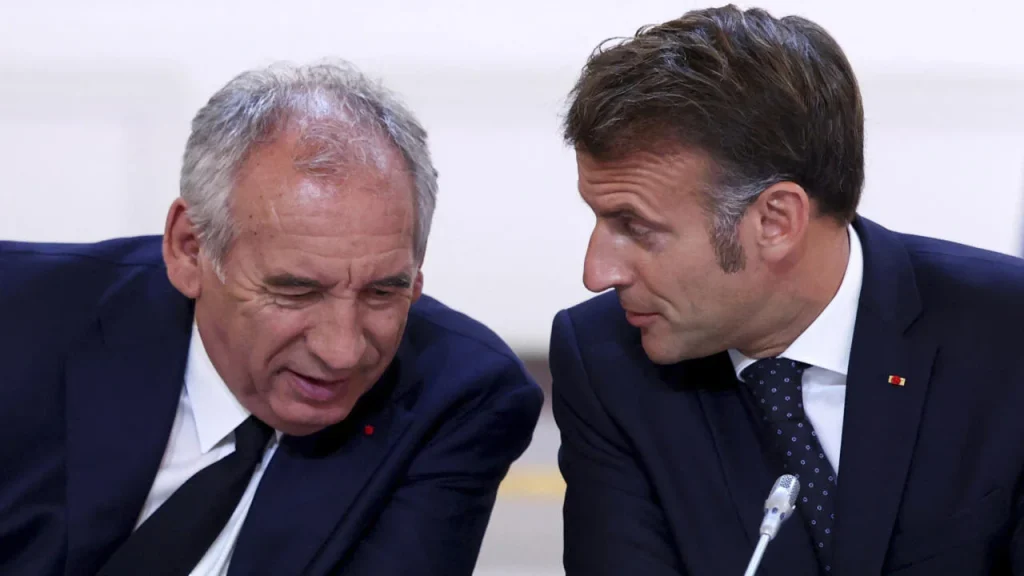French Prime Minister Francois Bayrou unveiled a stringent 43.8 billion euro ($50.88 billion) budget plan on Tuesday, July 15, 2025, proposing the elimination of two public holidays and a freeze on most public spending, including welfare and tax brackets, at 2025 levels without inflation adjustments.
Defence spending, however, will see an increase. The move aims to address France’s budget deficit, which reached 5.8% of GDP last year—nearly double the EU’s 3% target—amid political instability and a second year of declining tax revenue and rising expenditures.
Economic Strategy and Public Reaction
During a two-hour briefing with journalists, lawmakers, and ministers, Bayrou warned that the growing public debt poses a “mortal danger” to France, urging collective sacrifice.
He suggested cutting holidays like Easter Monday or May 8, marking the end of WWII in Europe, arguing that fewer May holidays would boost productivity and generate billions in additional state revenue.
However, the plan has sparked fierce backlash, Far-right leader Marine Le Pen of the National Rally criticized it as an attack on workers and retirees, threatening a no-confidence motion if unchanged.
Left-wing Socialist leader Olivier Faure called it a “demolition plan” for France’s social framework.
Political Challenges
Bayrou, a seasoned centrist, must navigate France’s divided parliament to secure tolerance for these cuts, a task complicated by the no-confidence vote that ousted his predecessor over the 2025 budget.
A detailed budget bill is expected in October, where opposition could solidify.
President Emmanuel Macron, who triggered a snap election last year leading to a fragmented legislature, has tasked Bayrou with stabilizing the finances.
Failure could trigger credit downgrades and elevate interest costs, already projected to exceed 60 billion euros annually.
Macron’s Legacy and Future Goals
Macron’s legacy, built on 2017 promises to modernize France with tax cuts and reforms, faces scrutiny as crises like protests, COVID-19, and inflation have deepened overspending.
Bayrou aims to lower the deficit from 5.4% of GDP this year to 4.6% in 2026, targeting the EU’s 3% limit by 2029.
“This is the final chance to avoid a debt collapse,” he emphasized, highlighting the urgency of the fiscal overhaul.






















